If you’ve turned on the tap and only cold water comes out, you know how annoying a broken water heater can be. The good news is many problems have easy fixes you can try before you call an engineer. Below you’ll get straight‑forward advice that saves time and money.
First, figure out what type of heater you have – electric or gas. Electric units often stop heating because a broken thermostat or a blown fuse cuts power. Gas heaters can lose flame due to a dirty pilot, a faulty ignition, or a clogged vent.
Another frequent culprit is sediment build‑up. Over time minerals settle at the bottom of the tank, reducing efficiency and causing the heating element or burner to overheat. When you hear rumbling or notice rusty water, sediment is likely the cause.
Leaking joints or a cracked tank also create loss of hot water. A small drip might just be a loose connection, but a big leak usually means the tank needs replacement. Check the area around the heater for puddles or damp walls.
Start with the power source. For electric heaters, locate the circuit breaker and reset it if it’s tripped. Swap the breaker with another in the panel to rule out a bad breaker. Then, inspect the thermostat – most units have a dial you can set to 120‑130°F. If the dial feels loose or doesn’t stay in place, the thermostat may need replacement.
For gas heaters, make sure the pilot light is lit. If it’s out, follow the manufacturer’s instructions to relight it safely. A smell of gas or a clicking sound without a flame signals a problem with the ignition system, which usually requires a professional.
Next, drain a few gallons of water to clear sediment. Turn off the power or gas, attach a garden hose to the drain valve, and open the valve. Let the water run until it looks clear, then close the valve, refill the tank, and restore power.
While you’re at it, check the pressure‑relief valve. Lift the knob; water should flow out freely. If it sticks or leaks after you release it, replace the valve – it’s a cheap part that protects the tank from over‑pressure.
If none of these steps restore hot water, it’s time to call a qualified technician. A professional can test the heating element, inspect the gas valve, or advise whether the whole unit needs replacement. Remember, working with gas or high‑voltage parts can be dangerous, so when in doubt, get help.
Regular maintenance keeps repairs rare. Flush the tank once a year, keep the area around the heater clear, and test the thermostat every six months. Small habits add up to a longer‑lasting, more efficient water heater.
Whether you’re dealing with a cold shower or a strange noise, the tips above give you a clear path forward. Try the easy checks first, and you’ll often avoid an expensive service call. When you do need a pro, you’ll at least know what’s going on, making the repair smoother for everyone.
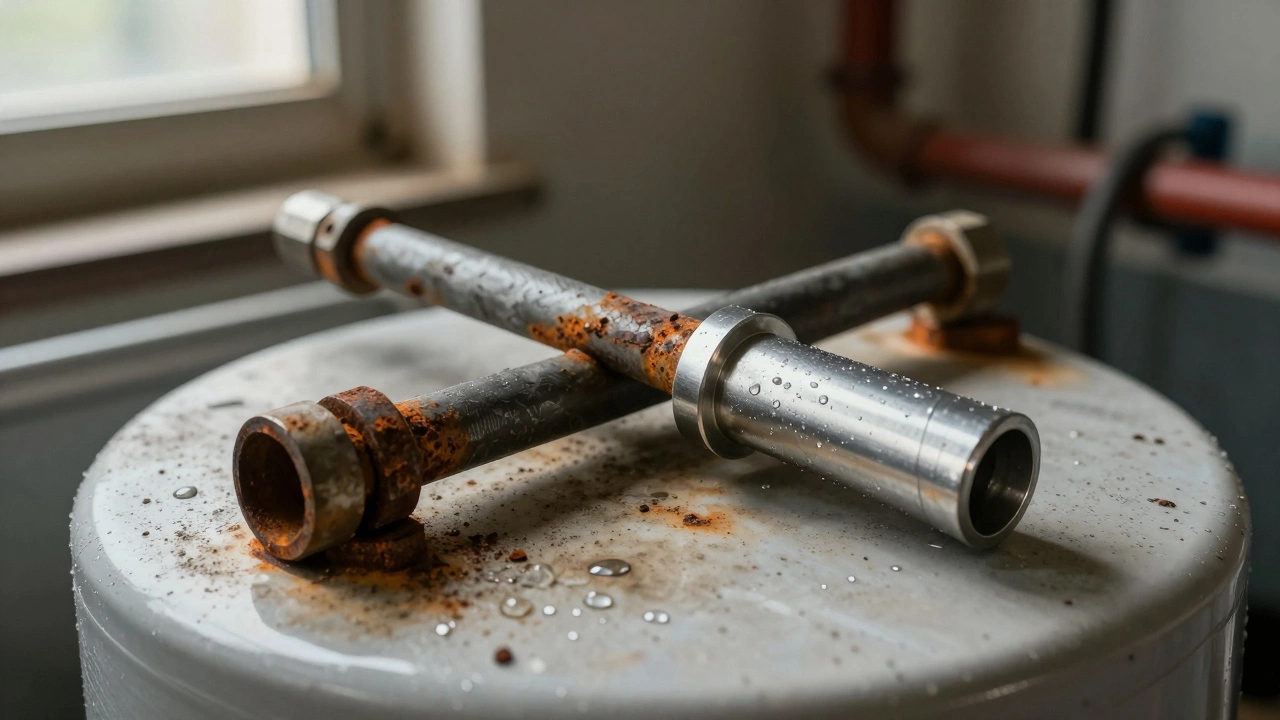
Replace your water heater's anode rod every 1-2 years in hard water areas to prevent tank corrosion. A simple £20 part can save you hundreds in repairs.
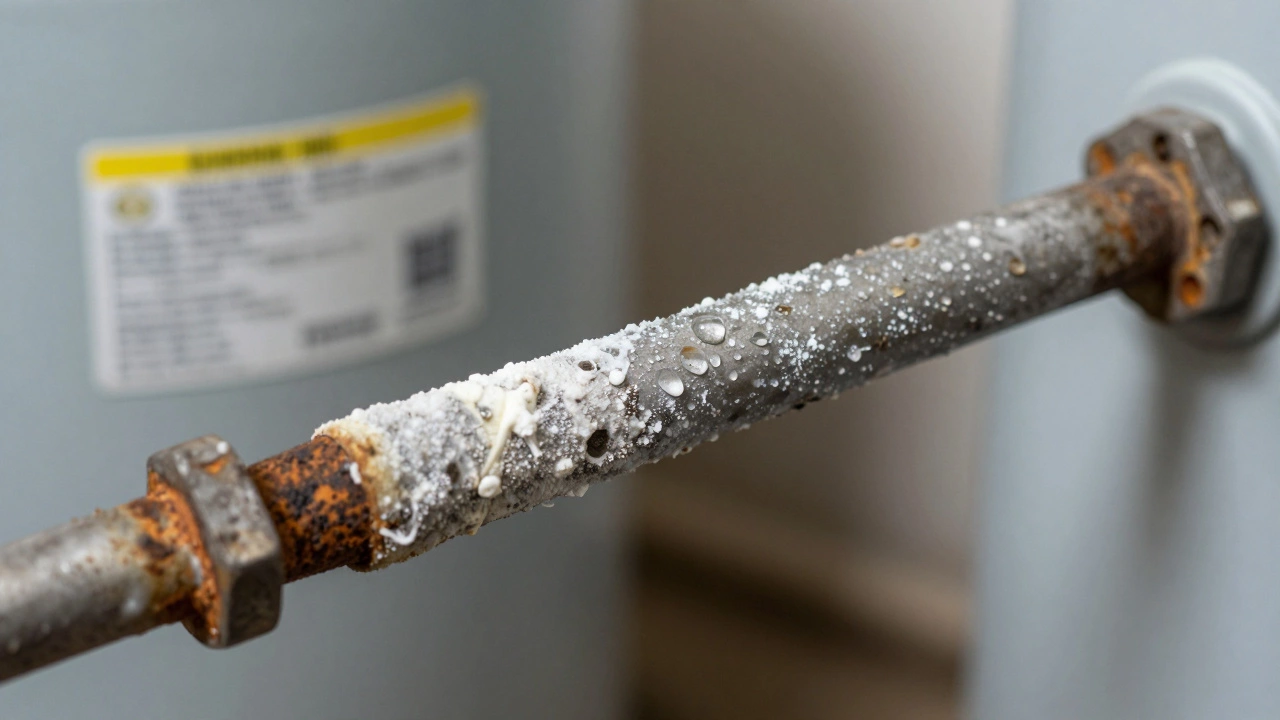
Water heaters commonly fail due to anode rod corrosion, heating element burnout, thermostat issues, and tank rust. Learn the top 5 causes and how to prevent them before you're left with no hot water.
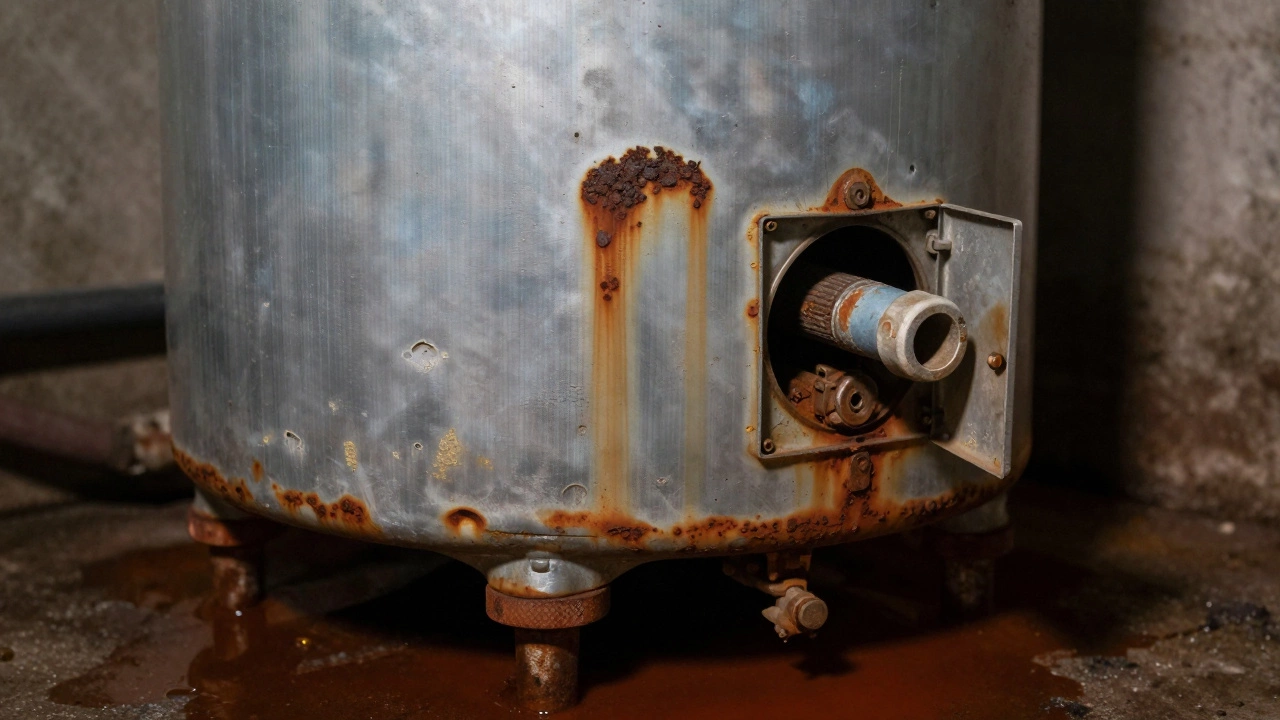
Water heaters commonly fail due to heating element burnout, thermostat issues, corrosion, and sediment buildup. Learn the top causes and how to spot them early to avoid costly repairs or sudden breakdowns.
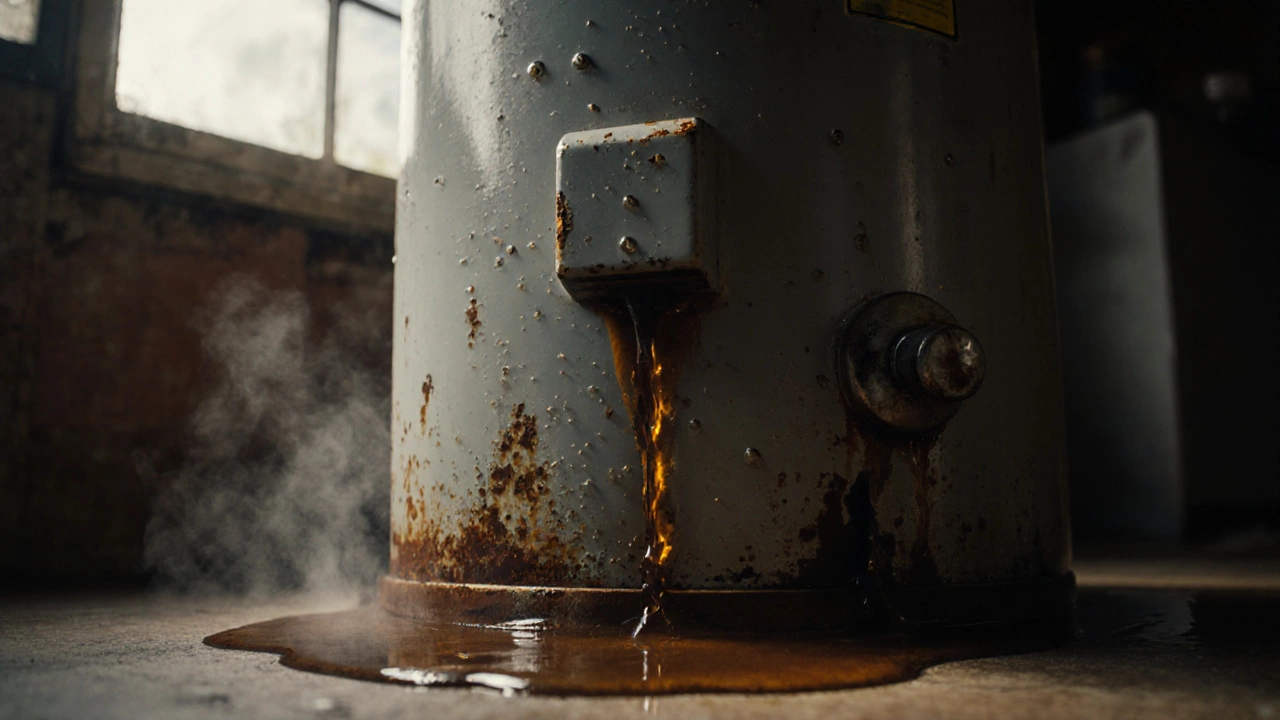
Most water heaters fail due to tank corrosion, heating element burnout, or sediment buildup. Learn the top failure points and how to spot them early to avoid costly repairs or floods.
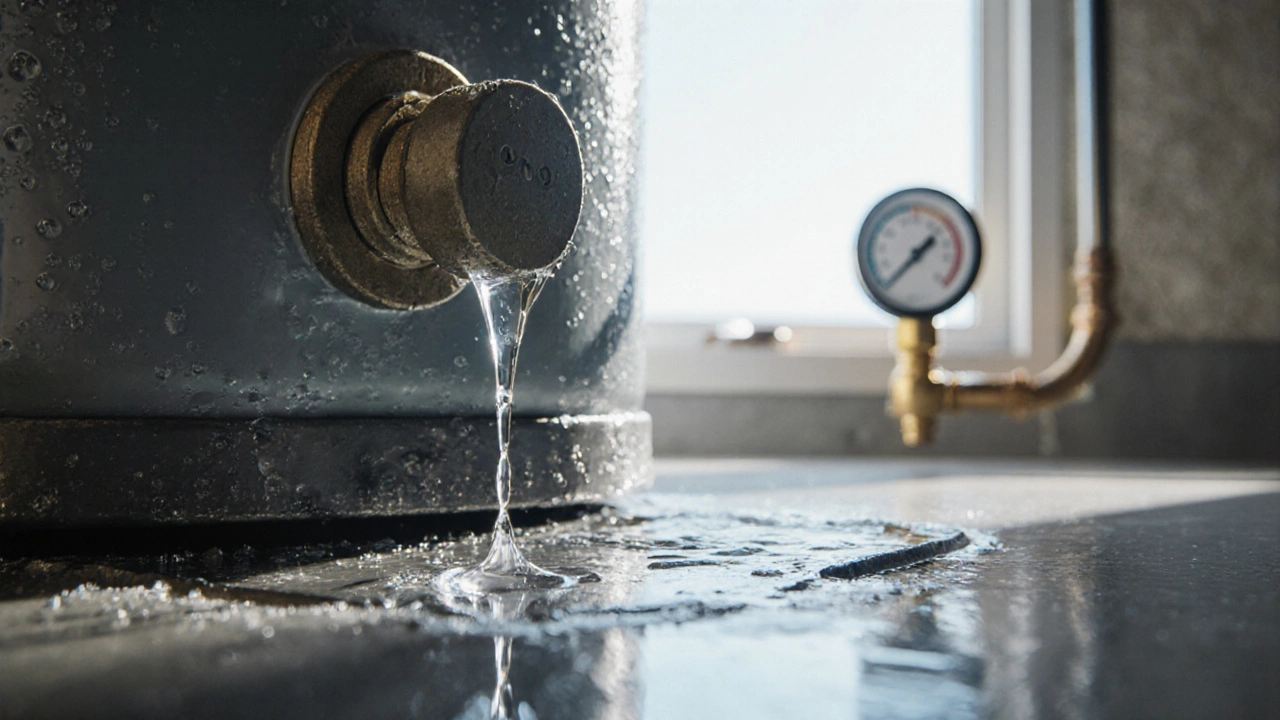
Water heater leaks usually come from five common spots: the pressure relief valve, anode rod, drain valve, tank corrosion, or pipe fittings. Learn where to look and how to fix it before it turns into a flood.
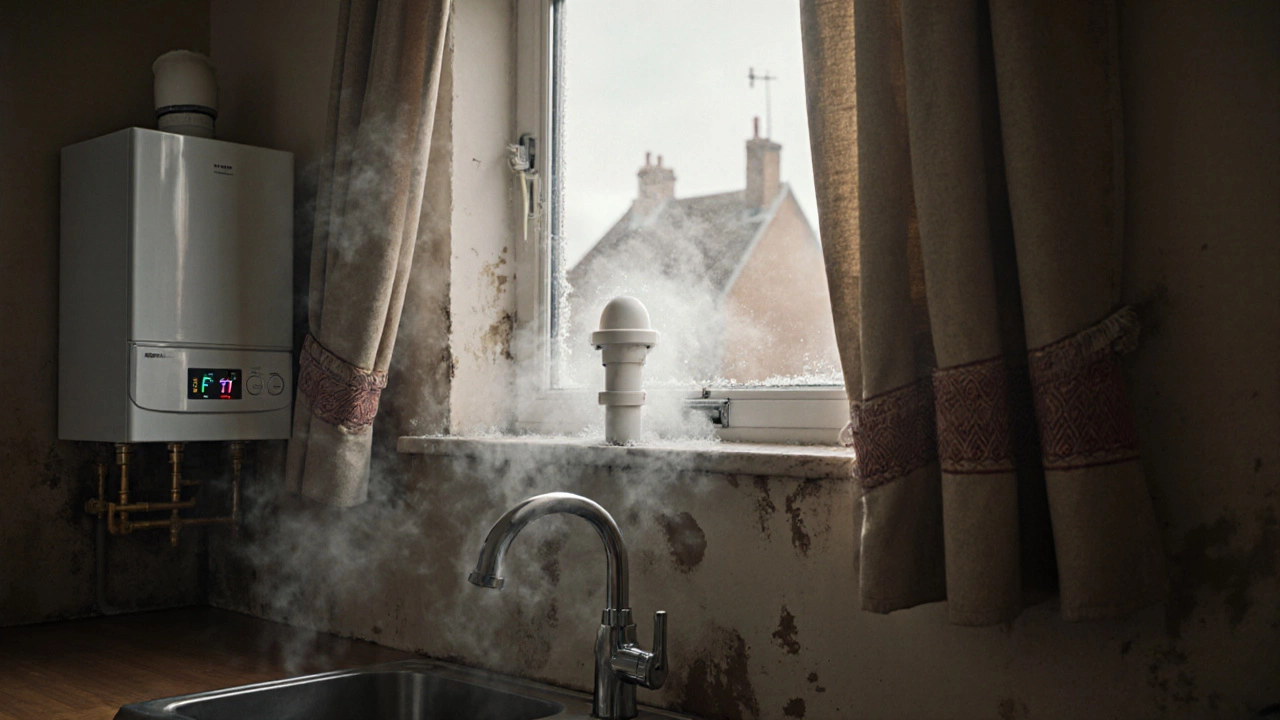
Your hot water stopped suddenly? This guide breaks down the top 7 causes - from low pressure to frozen pipes - and shows you how to fix them yourself before calling a plumber.
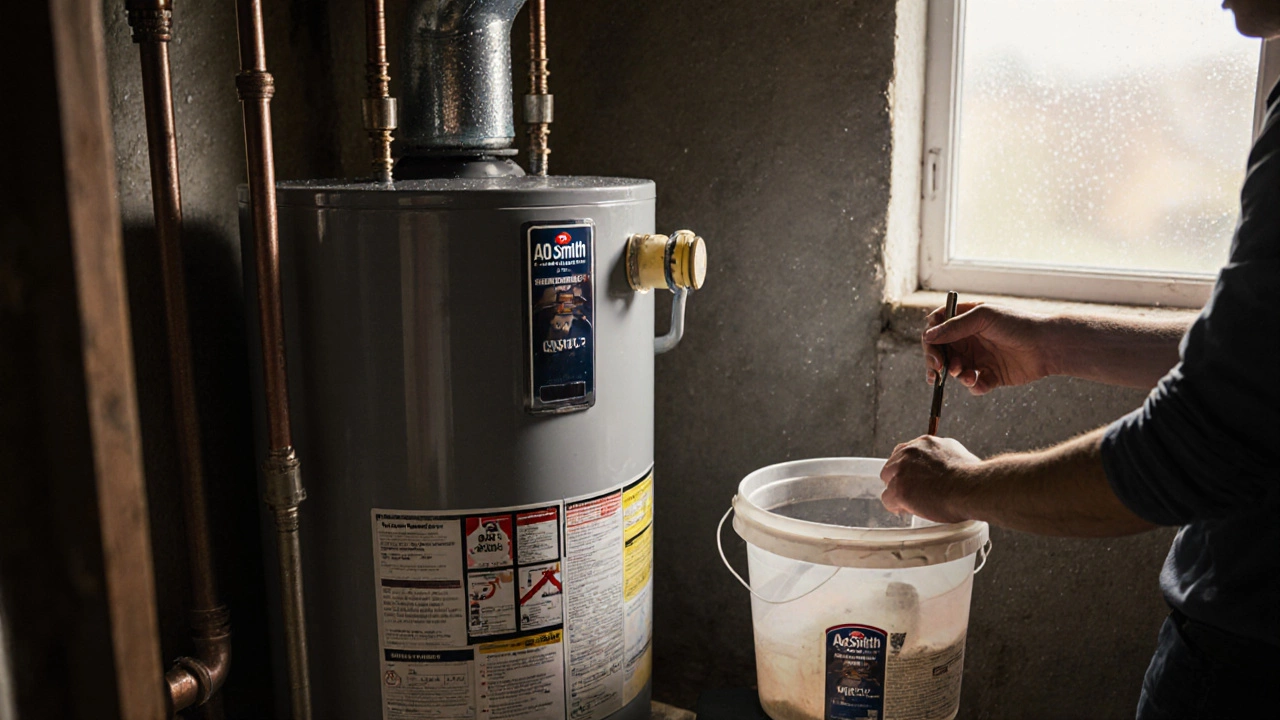
AO Smith, Bradford White, and Rheem are the most durable water heater brands, often lasting 12-15 years with proper maintenance. Learn what really affects lifespan and how to make your heater last longer.
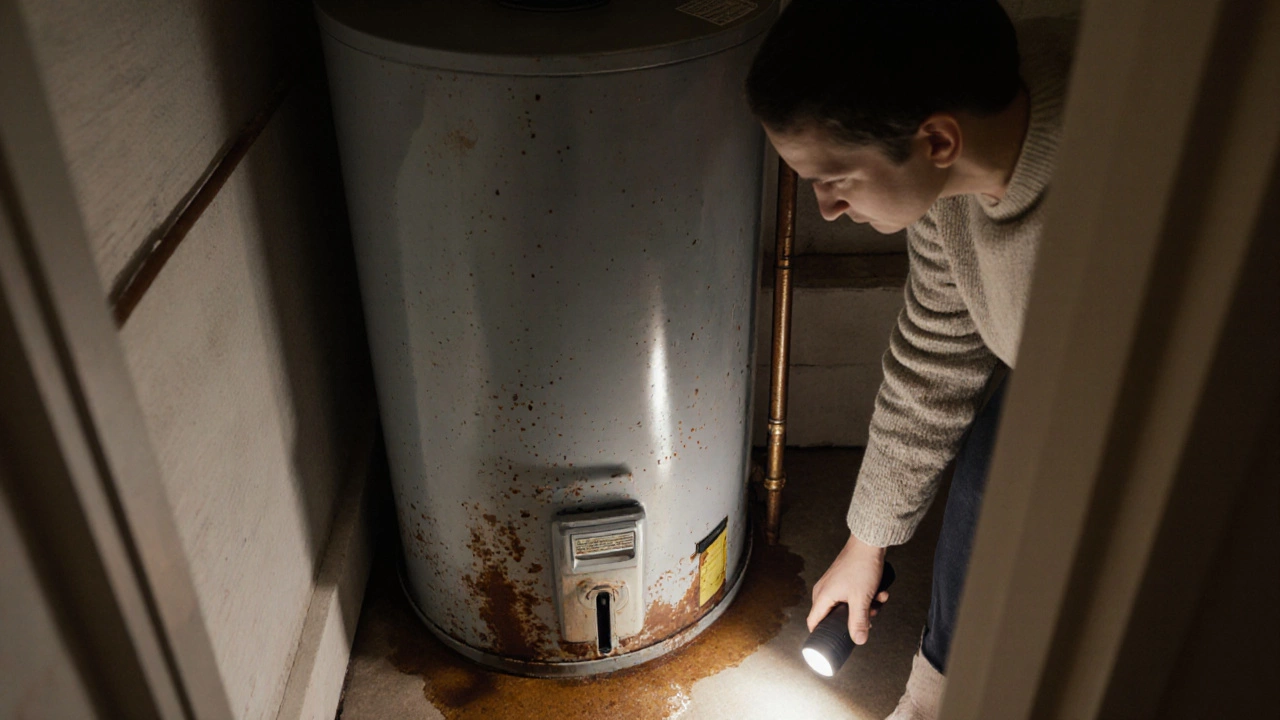
Find out if fixing a 20‑year‑old water heater makes sense. Compare repair costs, energy loss, and replacement price to decide the best move for your home.
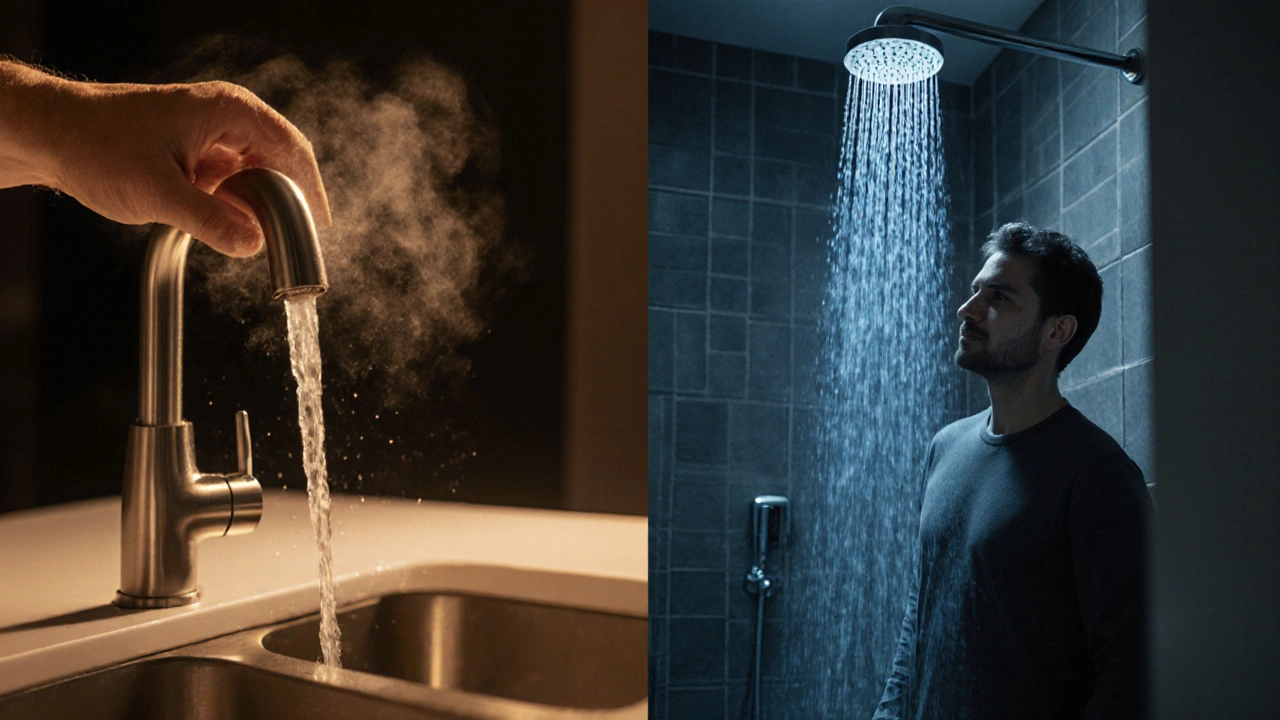
Discover why hot water reaches your sink but not the shower, learn the common causes, DIY fixes, and when to call a plumber for a reliable solution.
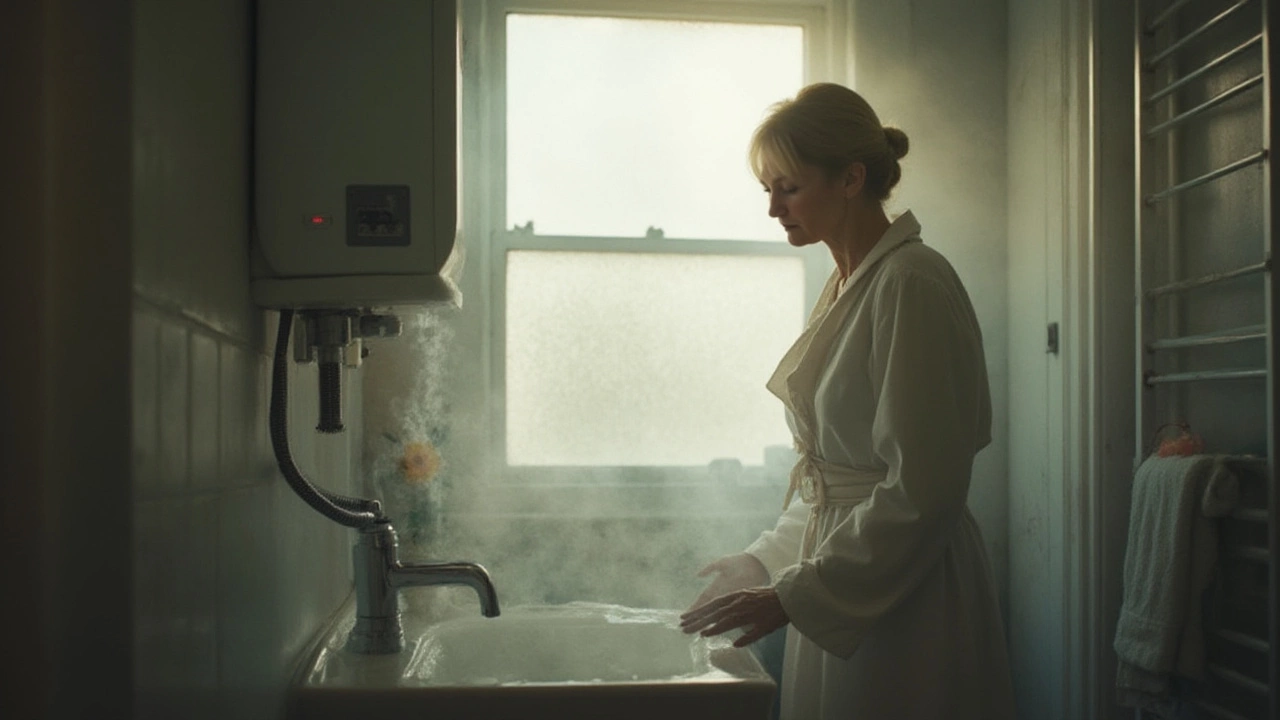
Wondering why your water heater keeps needing a reset before you get hot water? Learn the real reasons, what you can safely check, and when it’s time to call for help.

Learn how often to flush your water heater, why it matters, signs it's time, mistakes to avoid, and simple steps to, maintain hot water at home.

Is your hot water heater suddenly not working? Here’s what can go wrong, how to spot the problem fast, and pro tips to get hot water back right away.

Extractor fans are essential for maintaining air quality in enclosed spaces like kitchens and bathrooms. When these fans break down, they can lead to moisture buildup and unpleasant odors. This guide offers practical advice on fixing a broken extractor fan, providing step-by-step instructions that any homeowner can follow. Learn how to diagnose common issues and the tools needed to restore your fan to working order.
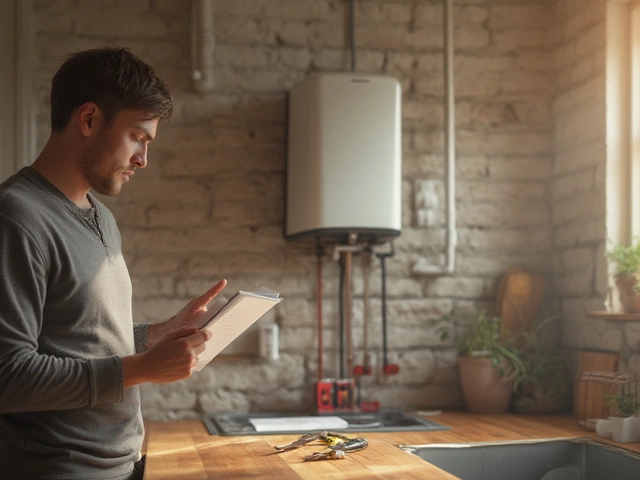
Thinking of fixing your own water heater? Learn when DIY is safe, common problems, money-saving tips, and when to call a pro.
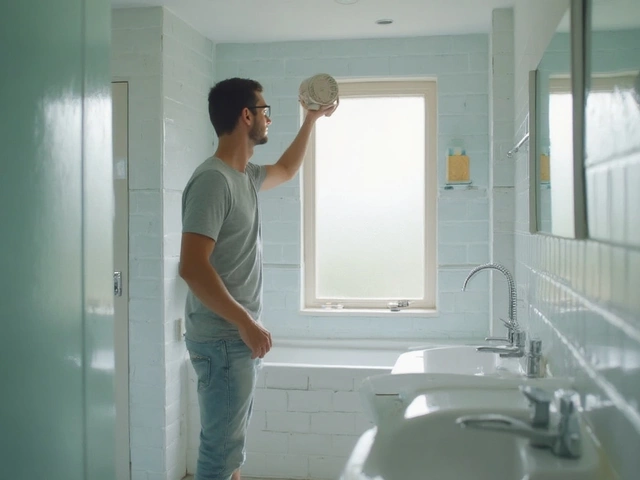
Nobody wants to deal with a stuffy bathroom or smoky kitchen, but if your extractor fan isn’t working, that’s exactly what you’ll get. This article shows you how to check if your extractor fan is doing its job or just taking up space. From simple power checks to quick airflow tests, you’ll learn hands-on methods anyone can use—no tech wizardry needed. Expect practical tips, a couple of helpful tricks, and signs that tell you when it’s time to call an expert. Don’t let stale air hang around: let’s figure out what your fan is up to.
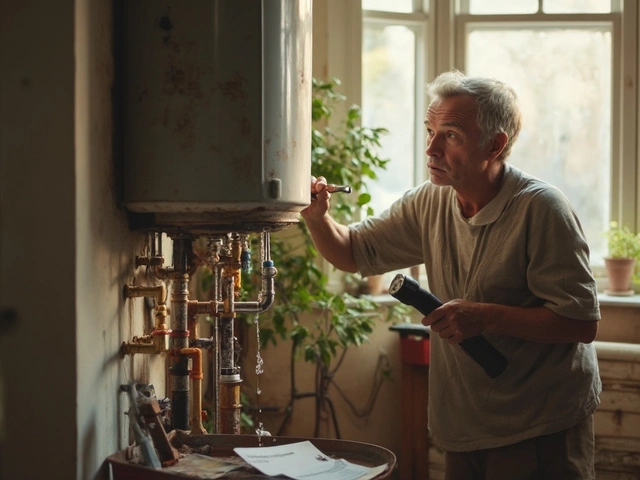
Wondering if your hot water heater is about to quit? This article breaks down the most common signs that your water heater needs to be replaced, from strange noises to rusty water. Find out how long these tanks usually last, what to look for during regular maintenance, and how to handle sudden issues. You'll get practical tips to keep your heater running smoothly and avoid a cold shower surprise. If you've ever worried about flooding, energy bills, or weird knocking, this is for you.

Wondering if you should throw out your seven-year-old oven or give it a second chance? This article breaks down when it makes sense to fix an older oven, what problems are easy or tough to repair, and how much money you might actually save. Get straight answers on costs, lifespan, and smart ways to keep your oven running. No fluff—just helpful facts and real advice you can use.